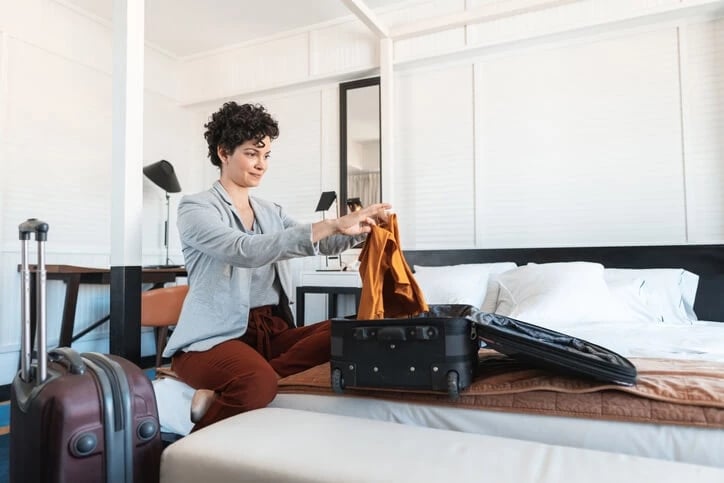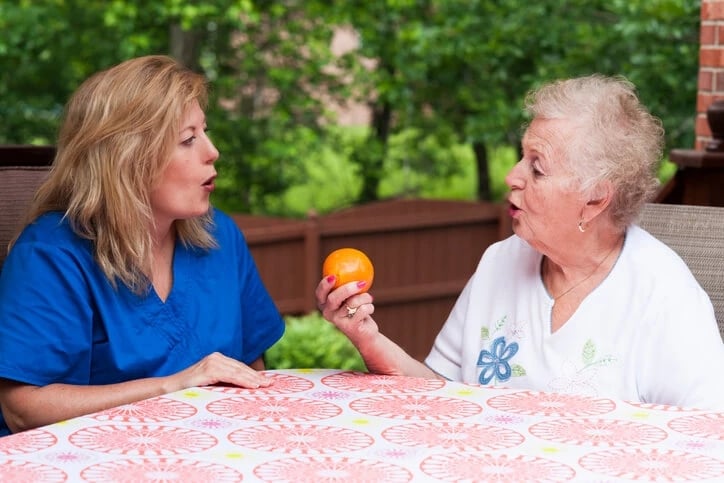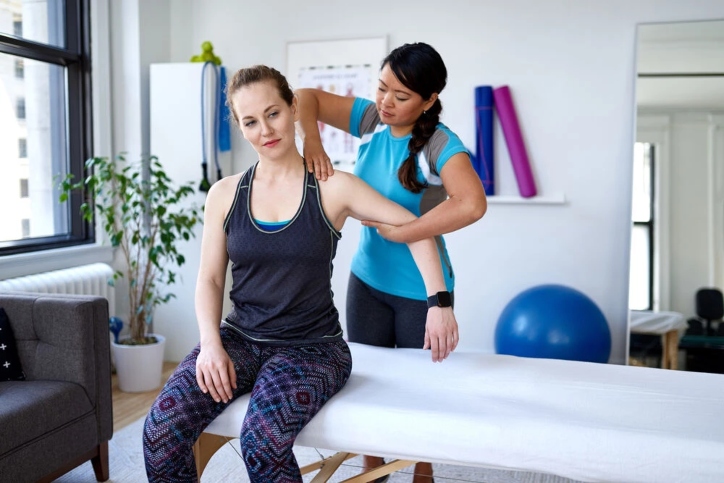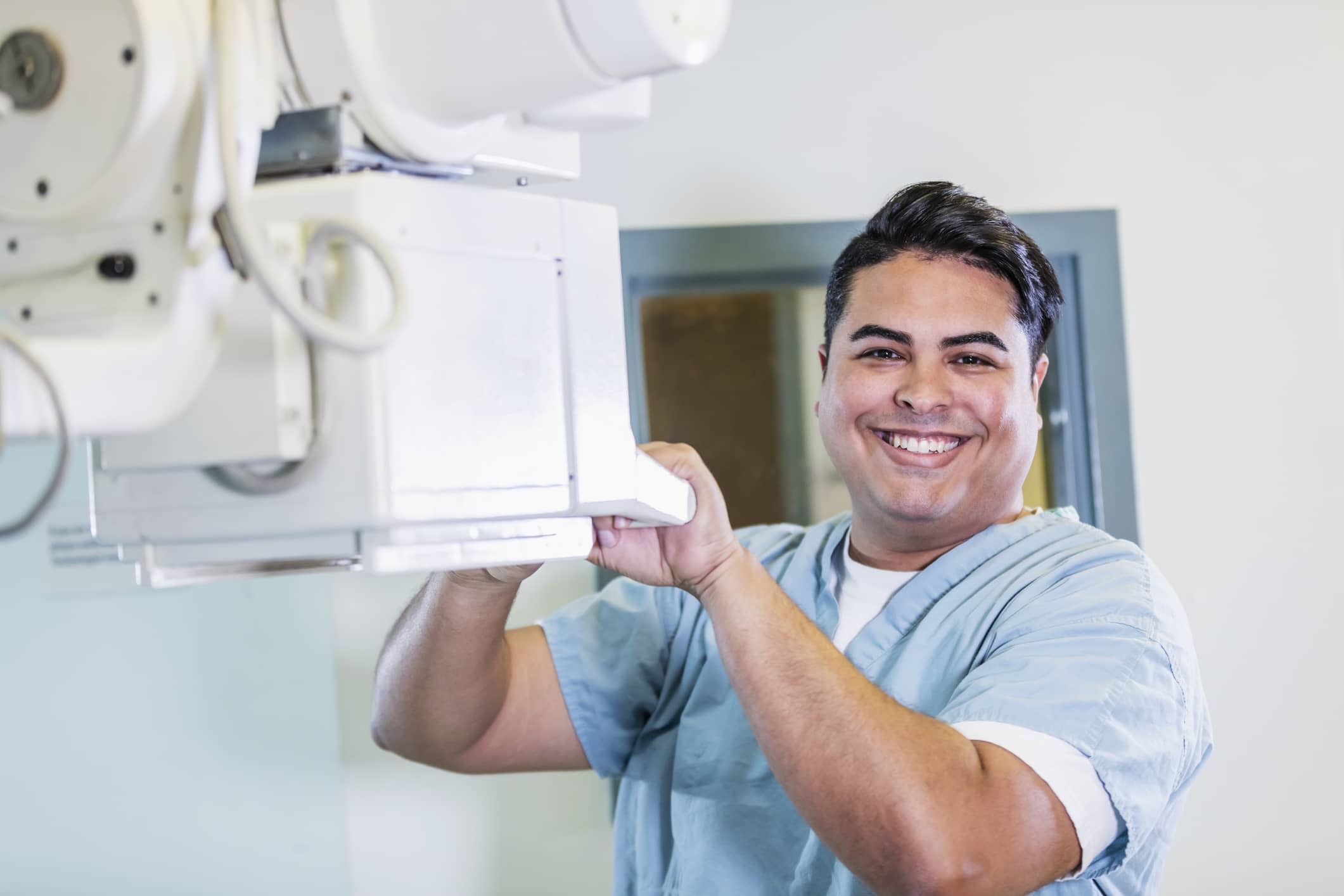
The Ultimate Packing Guide for Healthcare Travelers
You have a signed contract for an allied health job, your documentation is done and your housing is confirmed. Now you just have to pack…
So, where do you start? As an allied healthcare traveler, your packing needs fall somewhere between filling a couple of suitcases (like a tourist) and filling a moving truck (like someone who is relocating for good). One could easily get overwhelmed.
Fortunately, AMN Healthcare has pulled together seven tried-and-true packing tips to guide you through the process--including a special packing checklist. Start below to learn what to take, how to pack and what to buy when you get there.
The 7 Keys to Successful Packing for Allied Travelers
1. Know what is provided
Allied healthcare travelers generally have two options for housing: a company-paid, furnished apartment or a housing stipend, which allows you to secure your own accommodations.
If taking the company-arranged option, ask your recruiter what furniture and amenities your new housing complex provides. In most cases, you’ll get basic furniture such as a bed, nightstand, dresser, dining table and chairs, a sofa, side table and lamps--but this can vary by location. Your refrigerator should be included, but things like microwaves and TVs are optional.
2. Plan for your location and season
What kind of weather can you expect at your destination? A summer allied health job in the Deep South is vastly different than a fall assignment in New England, so plan your wardrobe and sporting gear accordingly. If you’re going to be traveling through multiple seasons, bring layers of clothes that can be added or peeled off as the temperature changes.
Check sites and apps like The Weather Channel (Weather.com) or AccuWeather to find seasonal average temperatures and rainfall (or snow!) for your new location.
3. Prioritize--and pack lightly
Healthcare travel blogger Aaron Moore recommends the minimalist approach when it comes to packing, and notes that most first-time travelers try to bring too much stuff. So start packing with the essentials and then fill in with the rest. (Leave room for a few personal items like family photos and favorite artwork or décor to make you feel at home on the road.)
What is essential to you? Your gourmet cooking tools and spices? Your mountain bike? Your espresso machine? Bring what you can’t live without for the next 13 weeks, and then consider purchasing some of the more inexpensive items when you get there. You can source things at discount stores (Target, Wal-Mart, etc.), thrift stores, or through classified ad sites like Craigslist, and then donate or resell some items when you leave.
4. Consider your mode of transportation
Most healthcare travelers drive to their assignments, but if you do fly you’ll probably need to ship some things or pick up more items at your destination. For drivers, the size of your vehicle can be a factor in your packing plans, as well. Try to fit everything in your car or SUV; if you simply can’t, you may want to purchase a rooftop carrier. If you are thinking about renting a small trailer to tow, you are probably bringing too much (unless you’re traveling with your entire family)! Remember, you’ll have to haul that stuff back, too.
5. Think outside the suitcase
In fact, think “multi-purpose” when it comes to packing. Most healthcare travelers suggest packing an overnight bag or backpack for those stops along the way and then packing the majority of your things in storage bins, baskets, and organizers that can be reused at your destination for greater efficiency. Vacuum-seal packs can also minimize the space taken up by clothes and linens.
6. Use a packing checklist for allied travelers
While every travel assignment is different, this basic checklist can make sure you don’t forget the most important items to take along or purchase at your assignment destination.
|
Packing Checklist for Allied Travel Assignments |
|
|
Household items: Possibly bring or rent: Clothing: |
Personal electronics: Other personal items: Employer-related items: |
7. Get customized lists with packing apps
- Yes, your smartphone can even help you pack! These packing apps can help you remember basic items and customize/refine your packing checklists based on your location, length of stay, and activities planned.
PackPoint is one of the most popular, intuitive, and well-reviewed apps, available for free for iOS and Android devices - As one reviewer said, it “practically packs your bags for you.”
Packing Pro, for Apple/iOS devices, is comprehensive and customizable. It helps you keep track of things to buy before you leave and what you’ll need to pick up or take care of while you’re on assignment.
Packing List, for Android, iOS, Kindle, and Windows devices, is another helpful tool that allows you to create lists from scratch or generate/update lists from an existing one.

Additional Allied Travel Resources
While you continue your search for the perfect allied healthcare position, AMN Healthcare provides great resources to keep your career moving in the right direction. Begin the application process now, and then learn more about how AMN Healthcare can help you keep your career on the move.
- EAP: Our allied travelers gain access to a valuable set of Employee Assistance Program benefits.
- Allied Travel Jobs by Specialty: Explore allied jobs and learn about hourly salaries and the benefits of working in travel jobs.
- Search All Allied Jobs: Uncover new possibilities in your allied career by exploring both short and long-term options.
- Allied Healthcare Jobs: Learn how we can help move your career in amazing directions, both professionally and geographically by exploring opportunities by each state.
- More Allied Resources: Use the content here to learn everything you need to know about our allied recruitment process, including information on salary and benefits.
© 2016. AMN Healthcare, Inc. All Rights Reserved.



